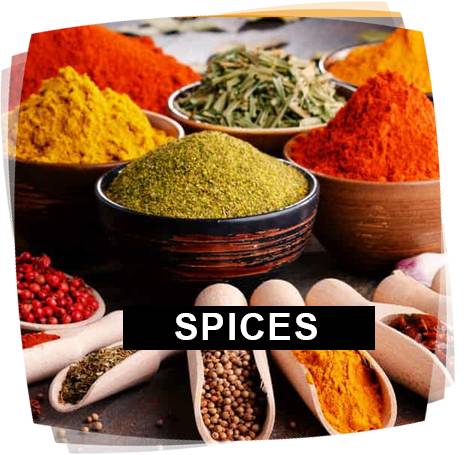
Benefits of different spices
Spices play a significant role in the way we cook and consume food around the world. Every spice has its own flavoring and essence. There are many spices we use in our day to day cooking, these include popular ones like cumin, black pepper, turmeric and coriander seeds.
Spices are known to have several health benefits. Spices come with nutritional values and provide some major health benefits.
Benefits of different spices
Cardamom:Also known as elaichi. It is the world’s third most expensive spice. A rich source of vitamin A and vitamin C, calcium, iron, and zinc, this spice promotes heart health, helps in digestion, enhances oral health, helps in diabetes, helps fight depression, fights asthma, prevents blood clots and treats skin infections.
Black Pepper: A pinch of black pepper when added to any recipe enhances the flavor manifold. Black pepper, also known as the king of spices, promotes weight loss, helps relieve cold and cough, improves digestion, boosts metabolism and treats many skin problems.
Clove:Cloves are antibacterial, anti-fungal and antiseptic. They’re a powerhouse of antioxidants and are rich sources of minerals, omega-3 fatty acids, fiber and vitamins and minerals. Clove oil is one of the richest sources of antioxidants. In aromatherapy, it is used as an antiseptic and pain reliever especially for toothaches and stomach pain. It is often mixed with other oils to treat various disorders. For instance, those who have troubled sleep can apply some warm clove oil along with sesame oil on the forehead to feel calm and relaxed.
Star Anise: Star Anise is a small seed, which is star shaped, comes from evergreen tree. It has licorice flavour, packed with antioxidant properties, which has vitamin C, and has anti-fungal uses and improves women’s health. It is rich in fibre and may help in preventing constipation. Fibre bulks up in the colon along the intestinal tract and attracts water, thus preventing constipation.
Cinnamon . It used in cooking and has many healthy benefits which helps the whole body run properly, it also helps in boosting the immune system, maintains healthy digestion. It is also known as an effective antidepressant which keeps your body and mind relaxed and at peace.
Anise: Star anise is usually used for culinary purposes in Chinese, Indian, Malaysian and Indonesian cuisines. Star anise is a rich source of two important antioxidants namely linalool, an essential oil, and vitamin C that protects the body against cellular damage caused by environmental toxins.
Allspice: It is a kind of berry that combines flavors of pepper, nutmeg, and cinnamon for a power-packed flavour dose. It helps in digestion, has anti inflammatory properties, improves circulation, promotes dental health, enhances immunity and promotes heart health.
Ajwain:Ajwain is also known as carom seeds. Carom seeds are often chewed for medicinal purposes. Despite a partially bitter taste, ajwain or carom seeds provide a whole host of health benefits. Ajwain promotes digestion, cures stomach ache and helps relieve tooth pain. These seeds are rich in calcium, proteins and fibre too.
Black Cumin: Black cumin seed oil helps in preventing asthma, allergies, and other respiratory issues. Contains antioxidants, beneficial acids and b-vitamins that balance the immune system. Black cumin seeds contains antioxidants, beneficial acids and b-vitamins that balance the immune system. Moreover, they have been found superior to almost every other natural remedy when used for autoimmune disorders.
Turmeric:This spice is packed with antioxidant, anti-viral, anti-bacterial, anti-fungal, anti-carcinogenic, anti-mutagenic and anti-inflammatory properties. It is good for your brain, relieves arthritis, prevents cancer and has healing properties. Turmeric’s anti-inflammatory properties have been instrumental in treating osteoarthritis and rheumatoid arthritis. The antioxidant also destroys the free radicals in the body that damage the cells.
Cumin: This seed has a bitter taste which is an essential part to Middle Eastern cuisines. It has the ability to aid digestion, improve immunity and treat skin disorders, insomnia, respiratory disorders, asthma, bronchitis and anemia. For centuries, light gravy flavoured with cumin or a glass of zeera water has been used in Indian household as a remedy for digestive issues.
Coriander: It is also known by the name cilantro or dhaniya. Coriander comes packed with essential health benefits. It is not only beneficial when consumed fresh, adding coriander seeds to your daily food can also be very healthy. Coriander seeds have anti-oxidant properties and dietary fiber that advance the healthy working of the liver and facilitate bowel moments. They help in the generation of digestive compounds and juices that facilitate the procedure of digestion. In the event that you experience some indigestion, try and add coriander seeds in your diet.
Fennel: This spice is a rich source of dietary fiber. Its powerful antioxidants helps in removing harmful free radicals from the body and promotes a healthy being, it helps fight aging and other degenerative neurological diseases.
Fenugreek: this ingredient has many medicinal uses. It improves digestion, is known to increase libido in men, promotes milk flow in mothers, helps those suffering from eating disorders and also reduces inflammation.
Ginger: It has been used to help digestion, reduce nausea and help fight the flu and common cold. Ginger is an important ingredient in the traditional kadha recipe too.
Nutmeg: It is a popular spice used in cooking across the world and it is also famous for its health benefits. In ancient times, nutmegs were used for numerous remedies to improve health. It improves bad breath, helps detox the livers, helps you to sleep well and is known to improve the texture of your skin.
Saffron:It comes from a flower and has bright yellow color and a very distinctive aroma. It is often used in cooking to give its color and essence to the food. It helps manage asthma, aids in menstrual problems and soothes dry skin.


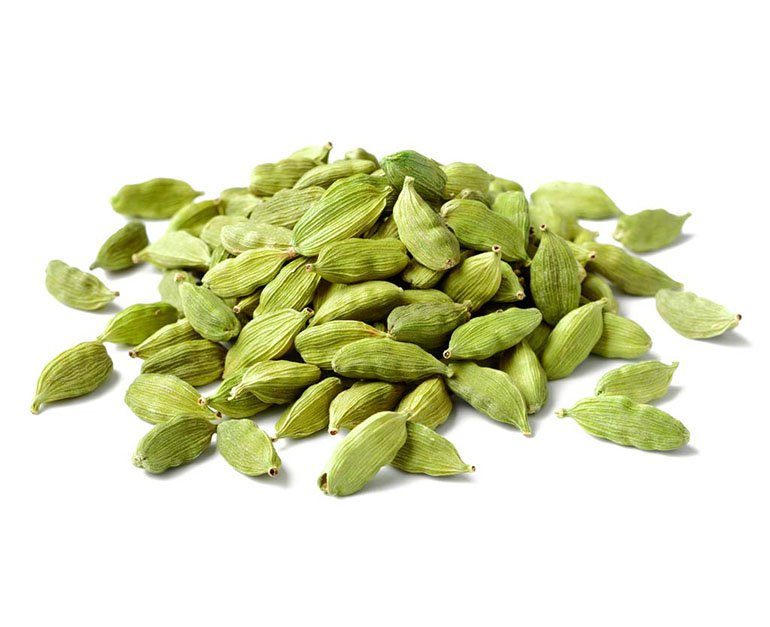
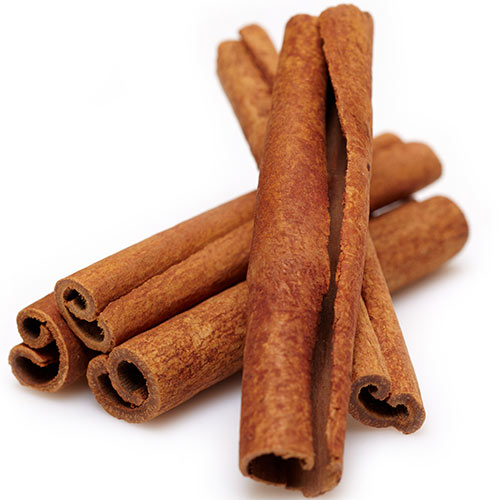





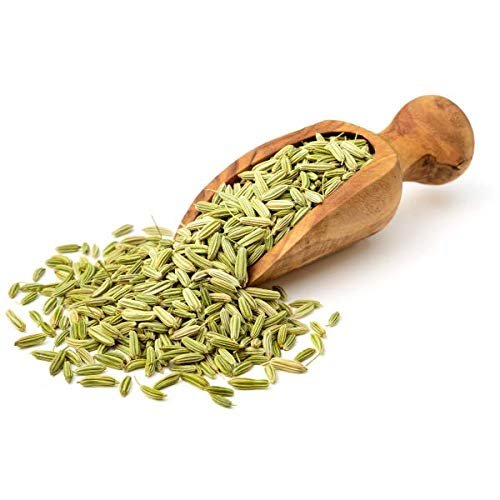

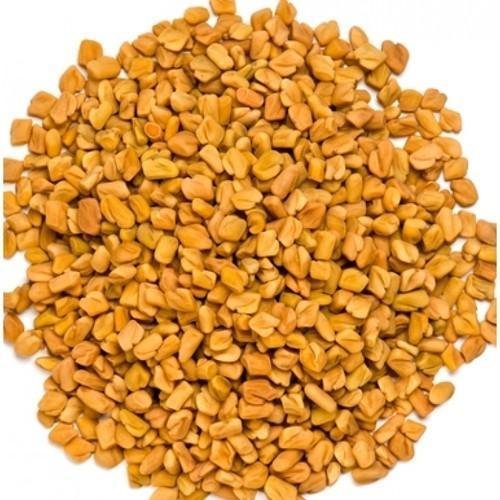



2 Comments